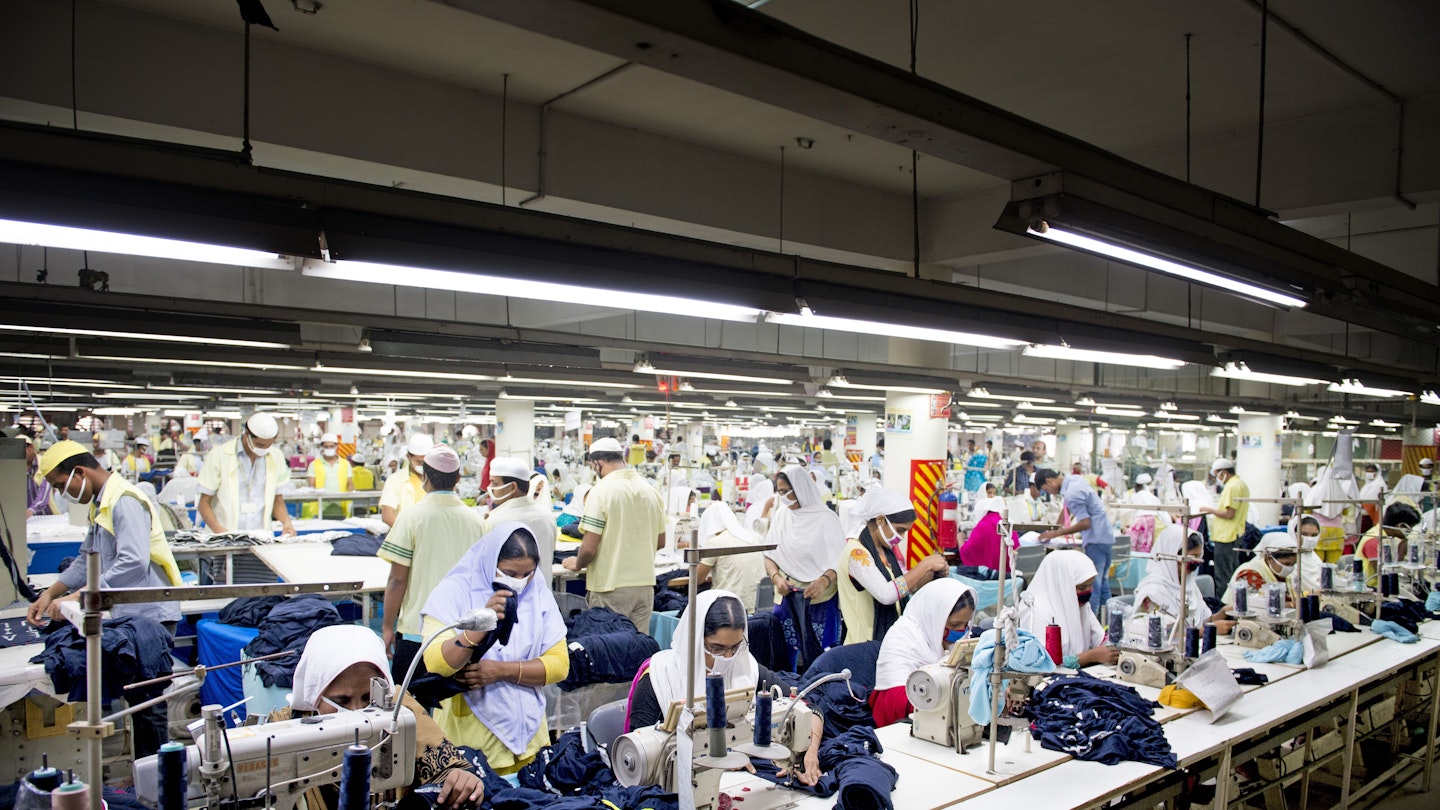A new investigation by Womenswear Daily has suggested that thousands of displaced Rohingya Muslims may be working in garment factories in secret in the Bangladeshi city of Chittagong, after having fled from neighbouring Myanmar due to widespread persecution.
These refugees that have sought employment in the clothing industry are, according to WWD’s report, forced to keep their heritage a secret from their employers and colleagues. As immigrants, they are not legally entitled to work in Bangladesh, despite the fact that the apparel industry consistently has a 30 percent shortfall in labour; if they are found out, they would lose their job and would be at risk of arrest.
Siddique Chowdhury, a Rohingya worker interviewed by the publication, has worked in a clothing factor for over three decades but has kept his true identity hidden for the whole time. He suggested that work permits for Rohingya would help to alleviate the situation. It will be good if the government would allow the Rohingya to have a work permit to work in the garment or textile sectors, especially for the women,’ he tells WWD. ‘They can earn a bit of money for their personal life, and it will be very easy for them to get a job.’ According to him, the Bangladeshi government is unlikely to act upon the issue without outside influence: he suggests that international brands which outsource their production to Bangladeshi factories should use their financial clout to influence the government to support the Rohingya community.
‘The brands can encourage the government and the BGMEA [Bangladesh Garment Manufacturers and Exporters Association] to provide more jobs to the Rohingya community by promising them that they would provide more business or a higher price for products,’ he told the magazine.
H&M, which uses 35 supplier factories in the Chittagong area, has reportedly donated $400,000 to help alleviate the ongoing refugee crisis in Bangladesh and Myanmar. ‘We are looking into HR and recruitment systems at our suppliers in Bangladesh to ensure that no workers are exploited irrespective of their vulnerability status,’ a spokesperson for the company told WWD.
